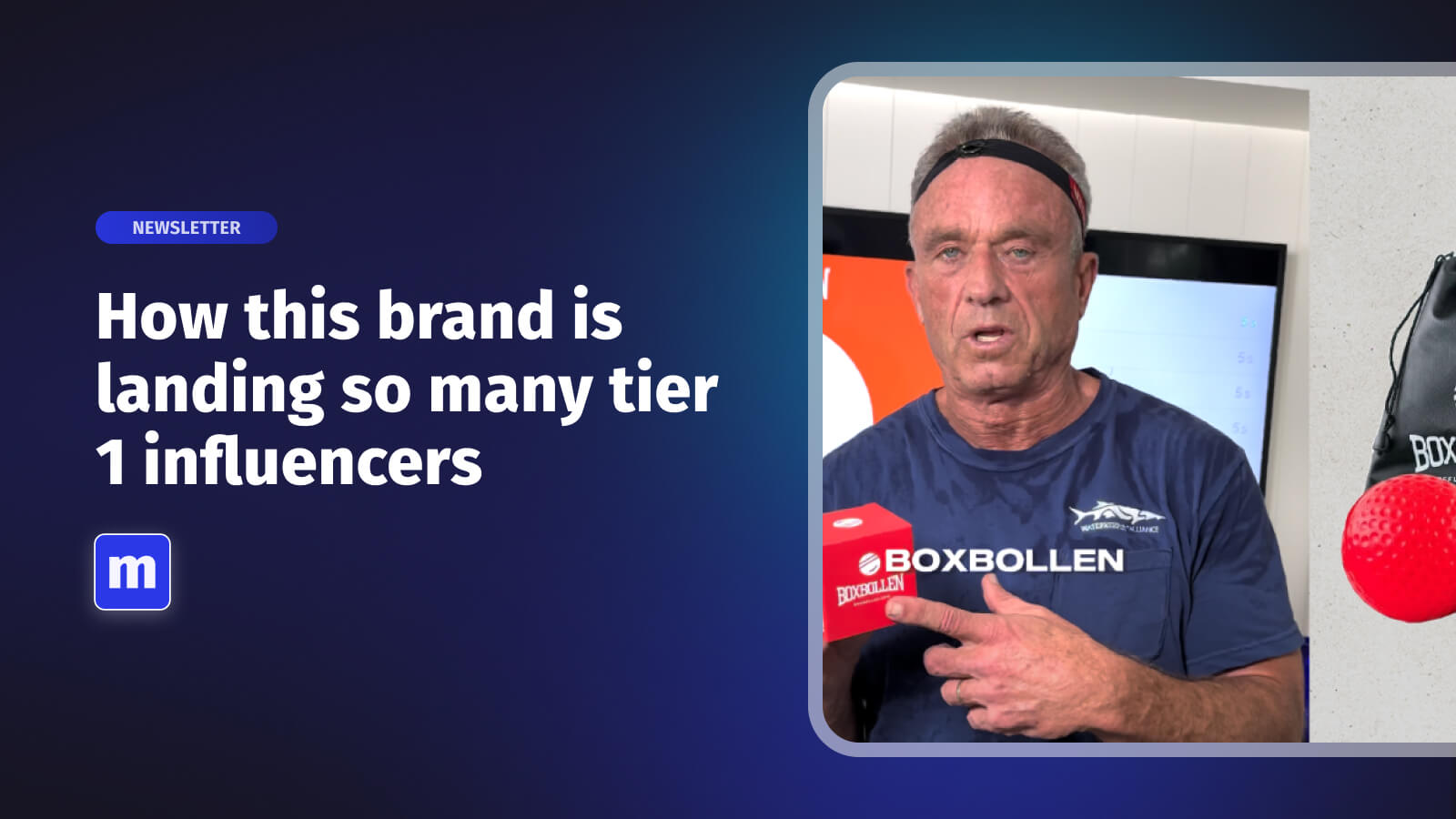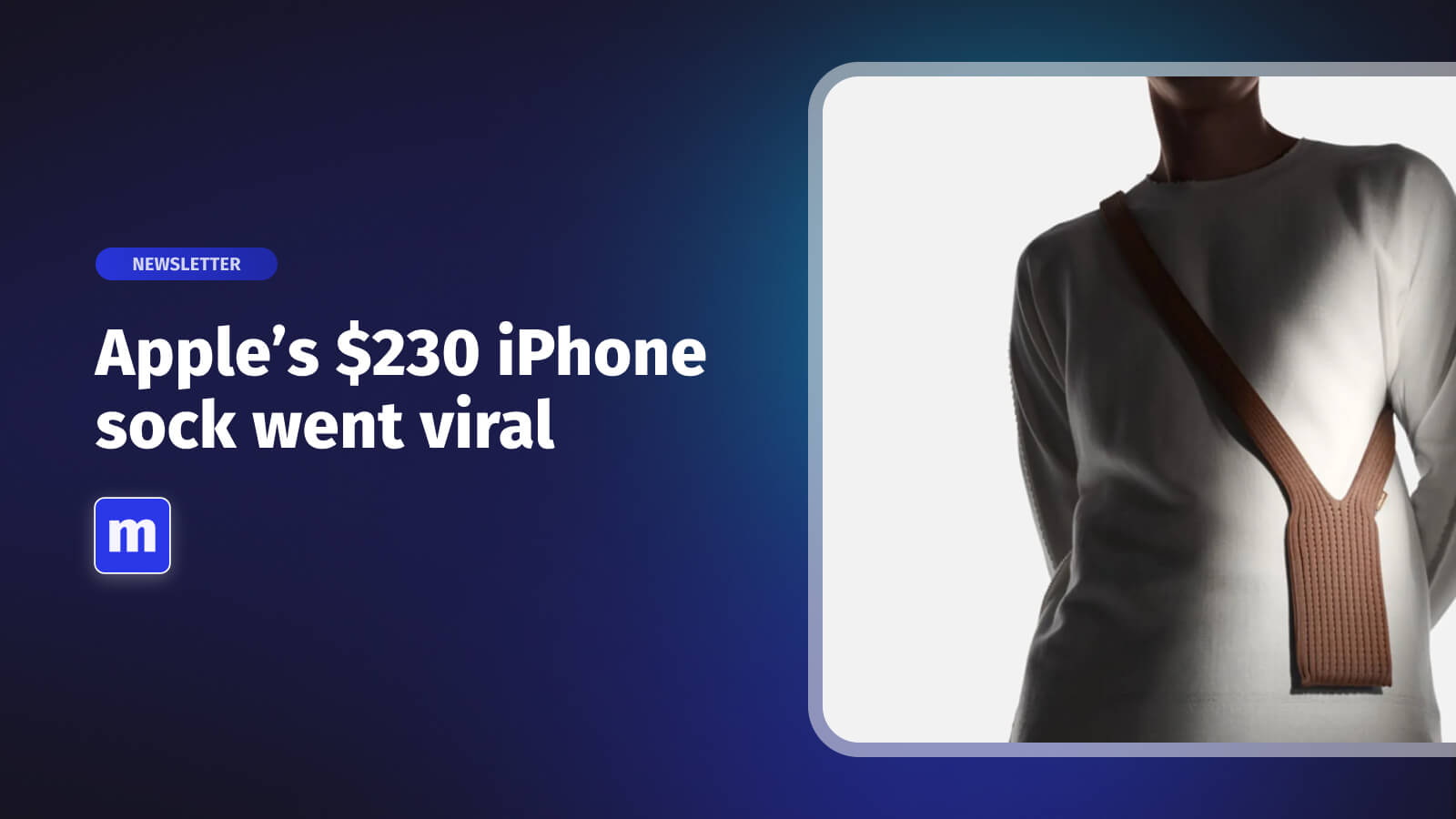.jpg)
Table of Content:
Peloton, a company renowned for its innovative at-home fitness equipment and online workout classes, has recently embarked on a strategic partnership with TikTok, the popular social media platform known for its short-form videos and significant Gen Z user base. This collaboration signifies a pivotal shift in Peloton's approach to content distribution and audience engagement.
Historically, Peloton's success was largely driven by its high-end exercise equipment, such as stationary bikes and treadmills, coupled with a subscription-based model offering access to live and on-demand fitness classes. These offerings catered primarily to a demographic seeking premium, at-home workout experiences. However, the post-pandemic era has presented challenges for Peloton, including safety recalls and a decrease in demand for at-home fitness products as people return to physical gyms and outdoor activities.
In response to these market shifts and the need to tap into a younger, more diverse audience, Peloton's partnership with TikTok marks a strategic move. By creating custom content specifically for TikTok, Peloton is not only diversifying its content distribution channels but also aiming to make its brand more accessible and appealing to Gen Z consumers. This content, housed in a dedicated #TikTokFitness hub, includes a variety of live and pre-recorded workout clips, original series by instructors, and collaborations with popular creators and celebrities.
This initiative reflects a broader trend in the fitness industry towards digital and social media integration, recognizing the importance of community and engagement in the fitness journey. By leveraging TikTok's vast user base and the platform's unique ability to create viral content, Peloton is positioning itself to reach new audiences and rejuvenate its brand image.
This move is a clear indication of Peloton's adaptability and willingness to innovate in its marketing and content strategies to stay relevant and competitive in the evolving fitness landscape.
Why This Matters
The strategic partnership between Peloton and TikTok represents a significant shift in the fitness DTC industry, highlighting several key aspects that matter both for the companies involved and the broader market:
1. Adapting to Market Changes: Peloton's move to collaborate with TikTok underscores the importance of agility and adaptation in business. As the world emerges from the pandemic, consumer habits are shifting back towards outdoor and gym-based fitness routines. Peloton's pivot to digital content on a popular social media platform illustrates how DTC brands must evolve to stay relevant.
2. Targeting a New Demographic: By partnering with TikTok, known for its predominantly Gen Z user base, Peloton is tapping into a younger, tech-savvy demographic. This is crucial for long-term growth, as it helps Peloton diversify its customer base beyond its traditional market of premium home fitness enthusiasts.
3. Leveraging Social Media for Brand Reinvention: This partnership is a prime example of how social media can be used to reinvent a brand and broaden its appeal. TikTok's viral nature and community-driven content can help Peloton shed its image as a luxury, equipment-focused brand and position itself as a more accessible, community-oriented fitness option. We previously wrote about why communities are the next frontier for marketers.
4. The Rise of Digital Fitness Communities: Peloton’s strategy reflects a growing trend in the fitness industry towards digital communities. The pandemic accelerated the adoption of online fitness, and Peloton's move suggests that digital fitness communities will continue to be significant, even post-pandemic.
5. Innovative Content Distribution: Peloton's approach to creating bespoke content for TikTok represents an innovative content distribution model. It's not just about where the content is placed, but how it's tailored to fit the platform's unique style and audience, which could set a precedent for future marketing strategies in various industries.
In summary, this partnership matters as it signals a shift in how fitness companies can engage with new demographics, utilize social media for brand evolution, and adapt to changing market dynamics, setting a new standard for digital marketing and community building in the fitness industry.
Key Takeaways for DTC Brands
Peleton’s move highlights the importance of creating platform-specific content, as seen in Peloton's tailored approach for TikTok, which effectively engages the platform's unique audience. This move also highlights the potential of social media not just for marketing, but as a tool for expanding into new demographics, particularly younger, digitally-native consumers.
Adaptability emerges as a crucial trait, with Peloton's pivot from high-end equipment to more accessible digital content exemplifying the need to respond to evolving market trends and consumer preferences. Additionally, the partnership underscores the significance of community building and innovative collaborations in driving brand engagement and loyalty.
Lastly, Peloton's focus on making their offerings more accessible serves as a reminder for DTC brands to consider inclusivity and accessibility in their product strategies. These lessons collectively point towards a dynamic approach in DTC marketing, emphasizing agility, platform-specific engagement, community focus, strategic partnerships, and accessibility.
Related content
Turn your social content into a revenue channel
Turn your TikToks and Reels into shoppable videos and boost conversions by 3.5x.














